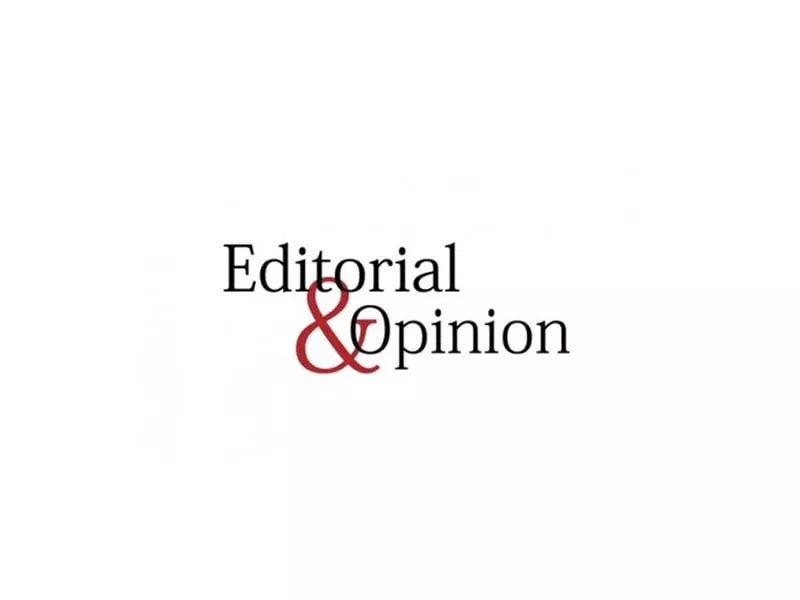Covid-19 and the shift in global supply chain
The pandemic states will either follow de-globalisation or re-globalisation
The coronavirus outbreak has worsened relations between the US and China. The US is heading towards protectionism. Two giant economies with their allies are working emphatically to malign one another. Propagandists are using conspiracy theories to change public opinion. American economists and think tanks are stressing that the current crisis is an opportunity to rearrange a system that has relied on obsolete processes. They believe it has exposed the weaknesses of numerous organisations, specifically those with a high dependency on China for raw materials or finished products. US policymakers may be increasingly pressured to consider whether certain goods need to be manufactured in the country or region as it imports most common antibiotics and over-the-counter pain medication from China.Usually manufacturing and processing units move from European states and the US to Asia and developing states where wages, cost production and environmental laws are more relaxed. Now the US wants to amend the global supply chain and demonise China’s Belt and Road Initiative. Thousands of American and their ally firms have decided to shift their industrial units from China. Vietnam, India, Cambodia and Laos have lured in over 1,000 US companies out of China as Trump’s administration steps up efforts to blame Beijing for its role in the pandemic. Secretary of State Mike Pompeo said, “The US is working with Japan, India, Australia, New Zealand, South Korea and Vietnam on how to restructure these supply chains to prevent something like this from ever happening again.”
US-based Abbott Laboratories contacted Indian authorities as India seeks to lure in US businesses from China. The US has pushed India to adopt an open policy and lessen tariffs and take advantage of the moves to reduce the reliance of the global supply chains on China in the post-Covid world. India is going to change labour laws — a major stumbling block for foreign companies. E-commerce companies presented a request to postpone a tax on digital transactions and the Indian government will not include this tax in this year’s budget. To encourage companies to move out from China, Japan has declared a fund of $2.2 billion. Firms of medical equipment, pharmaceuticals and other essential goods may displace the production of these items in their own and friendly nations.
Trump’s pursuit of eliminating the global industrial supply chains from China may include more tariffs and sanctions on China to push foreign companies out of the country. The shifting of supply chains from China started after the 2008 global economic recession and escalation of trade war between the US and China in 2018.
The supply chains in China have vast networks of manufacturers and suppliers built over a period of 30 years. Owing to the non-availability of highly skilled labourers, dearth of high-value added and innovation-based suppliers, the US iPhone maker, Apple, is confronting hurdles in diversifying its production beyond China. For these reasons, many companies will continue to retain a significant part of their manufacturing in China to tap the large Chinese market. In the Covid-19 environment, the demand for goods has sharply fallen and will take years to recover. Therefore, the setting up of green-field units will take time and accumulatively these moves would not affect China. The BRI is going to be the future of the world which will further exacerbate the world’s dependency on China. The emerging superpower has ample ability to counter the US. That’s why China’s national paper wrote “if China retaliate for US statement the US would sink into the hell of coronavirus pandemic,” over Trump’s administration allegations.
After the pandemic states will either follow de-globalisation or re-globalisation. Non-experts, non-technical and pseudo intellectuals are pretty sure about their predictions, while epidemiologists, think tanks and economists haven’t much to say about the virus and its repercussions. The world should be ready for a tremendous change in the near future.
Published in The Express Tribune, May 30th, 2020.
Like Opinion & Editorial on Facebook, follow @ETOpEd on Twitter to receive all updates on all our daily pieces.


COMMENTS
Comments are moderated and generally will be posted if they are on-topic and not abusive.
For more information, please see our Comments FAQ